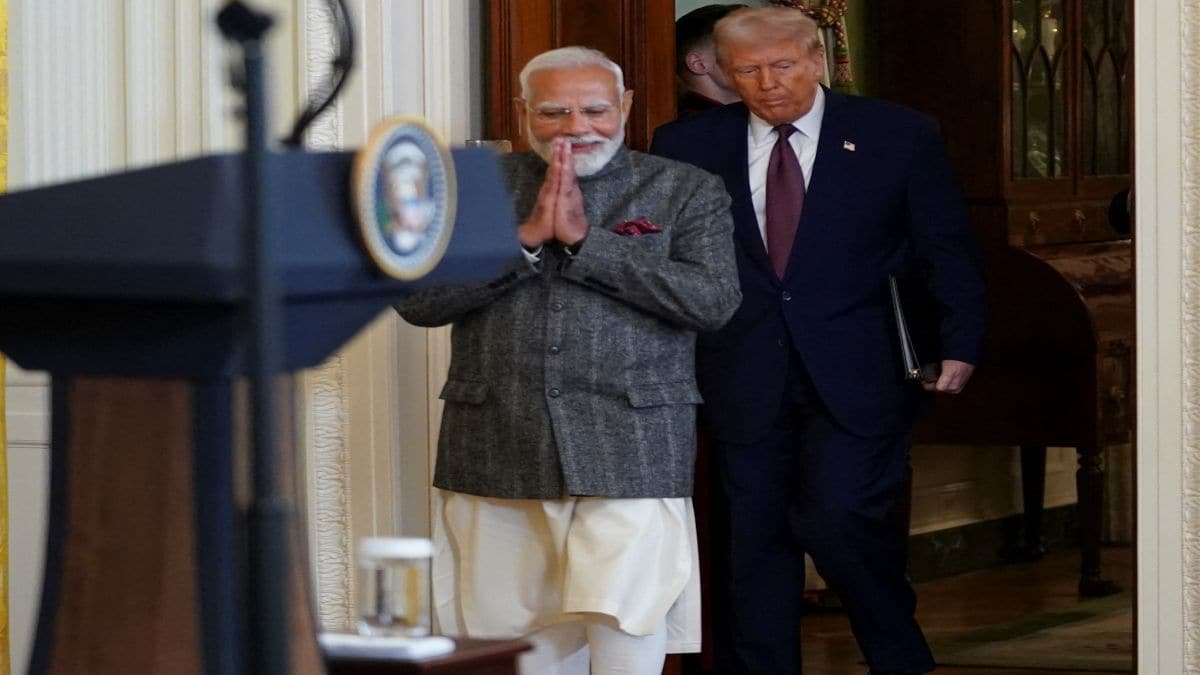

In a move signaling escalating tensions between the United States and India, former U.S. President Donald Trump has warned of potential "secondary sanctions" against India for its continued oil imports from Russia. This announcement follows the imposition of an additional 25% tariff on Indian imports, bringing the total tariff to 50%. The revised duties are scheduled to take effect on August 27, 2025, 21 days after the executive order was signed.
Trump's justification for these measures centers on his administration's view that India's purchase of Russian oil is helping to finance Russia's war against Ukraine. When questioned about why India was being singled out despite other nations, like China, also importing Russian oil, Trump stated, "It's only been eight hours. So let's see what happens...You're going to see a lot more. You're going to see so much secondary sanctions". He also hinted that China could face similar sanctions.
The Indian government has strongly condemned the tariff hike, calling it "unfair, unjustified and unreasonable". India's Ministry of External Affairs (MEA) emphasized that its oil imports are driven by market factors and aimed at ensuring energy security for its 1.4 billion citizens. The MEA added that India would take all necessary steps to protect its national interests and described the U.S. decision as "extremely unfortunate" and contrary to the principles of mutual respect and strategic partnership. India has consistently defended its right to maintain energy relations with Russia, citing national interest, energy security, and competitive pricing.
These developments have sparked considerable concern about the future of U.S.-India relations. Michael Kugelman, Director of the South Asia Institute at the Wilson Centre, described it as "the worst crisis" in the two-decade-long strategic partnership between the two countries. He cautioned that the penalties could have a "damaging impact" on the broader U.S.-India relationship.
The U.S. is India's largest export destination, with Americans buying $87 billion worth of Indian goods in 2024. The increased tariffs could significantly disrupt this trade. Some experts believe the initial 25% tariff could reduce India's GDP growth by 20 to 30 percentage points, and further penalties could have a greater impact.
Trump's actions are motivated by a desire to increase pressure on Russia to end the conflict in Ukraine. The executive order directs the Secretary of State and Secretary of the Treasury to assess whether other countries are directly or indirectly importing Russian oil. If such imports are found, the Secretary of Commerce, in consultation with other officials, shall recommend potential actions, including imposing an additional 25% tariff.
India's relations with the West, which had been generally warm and growing, are now strained due to its purchase of Russian energy. India has accused the U.S. and EU of double standards, arguing that they themselves import substantial volumes of goods, including energy, from Russia while penalizing India.
Despite the current tensions, some believe that the U.S.-India relationship is resilient. Kugelman suggests that the multifaceted nature of the relationship, with cooperation in various areas, provides insulation against shocks. However, the situation remains fluid, and the coming weeks will be critical in determining the long-term impact of these trade measures on the strategic partnership between the two nations.